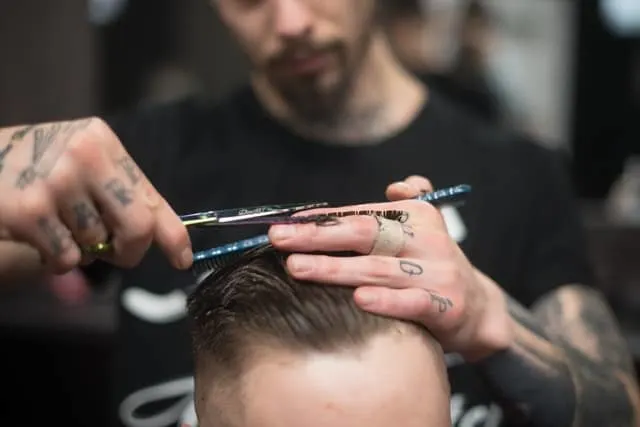
Your hair is a reflection of your identity, an aspect of self-expression, and an indicator of overall health. Yet, many of us focus only on the strands while forgetting the foundation that truly influences hair quality—the scalp. Just like plants need fertile soil to thrive, your hair requires a healthy scalp to grow beautifully. In fact, the secret to lustrous, strong hair lies in an often-neglected aspect of hair care: proper scalp treatment.
Understanding the Scalp: A Brief Introduction
Before we delve into specific methods of scalp care, it’s important to understand the basics of the scalp and why it matters in your hair health journey. The scalp, a layer of skin on the top of our heads, is the birthplace of hair. It has its own delicate ecosystem composed of oil, sweat glands, and a unique microbiome. When this ecosystem is balanced, you enjoy healthy, shiny hair. But when it’s disrupted, various problems like dandruff, oily hair, hair loss, and dull hair can occur.
Scalp Care: A Crucial Component of Hair Health
One of the first steps in taking care of your scalp involves recognizing the signs of an unhealthy scalp. These can range from excessive dryness, itchiness, and flaking to oiliness, redness, or even hair loss. If you notice these symptoms, it’s crucial to take action and restore the balance.
1. Regular Cleansing:
Regular cleansing is an essential part of any scalp care regimen. Use a gentle, sulfate-free shampoo that won’t strip your scalp of its natural oils. Remember, the goal is to clean without causing dryness or irritation. Depending on your hair type and lifestyle, you might need to wash your hair every other day or just a few times a week.
2. Exfoliation:
Just like the skin on your face, your scalp can also benefit from exfoliation. This process helps remove dead skin cells and unclog hair follicles. However, it’s important to use a gentle, scalp-friendly exfoliator and not to overdo it. Over-exfoliating can lead to scalp irritation and disrupt your scalp’s natural oil production.
3. Hydration and Nourishment:
After cleaning and exfoliating your scalp, it’s important to rehydrate and nourish it. Look for conditioners, oils, or masks that are designed for scalp care. Ingredients like tea tree oil, aloe vera, and argan oil are known for their soothing and moisturizing properties.
4. Scalp Massage:
A scalp massage not only feels great but also increases blood circulation, promoting hair growth. It helps distribute the natural oils of the scalp, keeping the hair and scalp hydrated and healthy. You can do this while shampooing or when applying oil.
5. Protect Your Scalp from the Sun:
Just as you protect your skin from harmful UV rays, your scalp also needs protection. Too much sun exposure can lead to a dry, burnt scalp and damage your hair. Consider wearing a hat or using a hair product with UV protection when you’re out in the sun.
6. Balanced Diet:
Remember, beauty comes from within. A balanced diet rich in vitamins, minerals, and essential fatty acids can promote a healthy scalp and, consequently, healthy hair. Include foods like eggs, spinach, nuts, and fish in your diet to give your scalp the nutrients it needs.
7. Regular Check-ups:
If you notice persistent scalp issues, it’s important to consult a dermatologist or trichologist. Some conditions like psoriasis, dermatitis, or alopecia require professional scalp treatment and care.
In conclusion, maintaining a healthy scalp is a journey, not a destination. It requires consistent care and attention. Once you start taking care of your scalp, you’ll notice a significant improvement in your hair’s texture, strength, and shine. So, start today, and let your hair reap the rewards of your diligent scalp care.
- Sagittarius Man & Gemini Woman Love and Sex Compatibility - January 31, 2024
- Taurus Ascendant Rising Personality Traits in Men (Guide) - January 31, 2024
- How to Seduce and Attract a Sagittarius Man (Seduction Tips) - January 31, 2024
